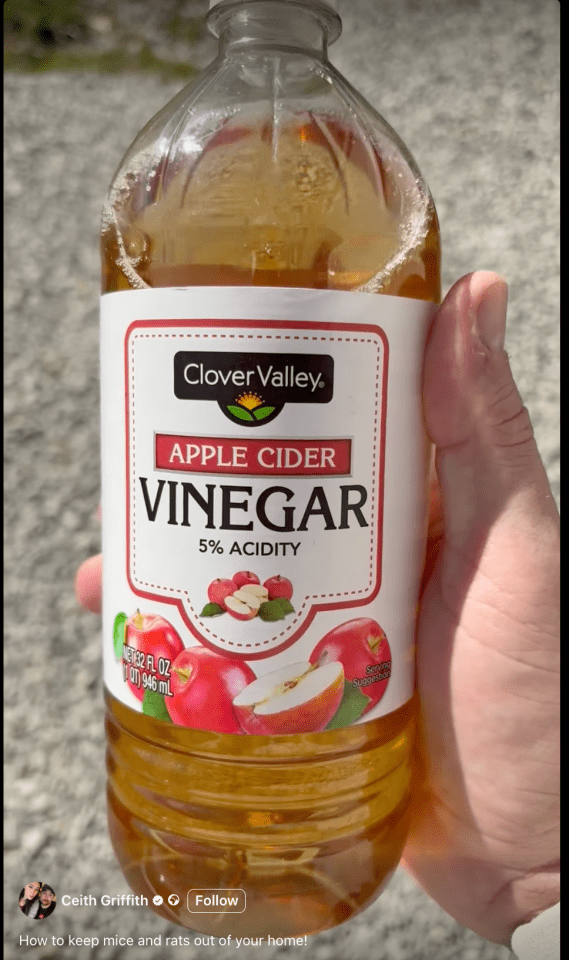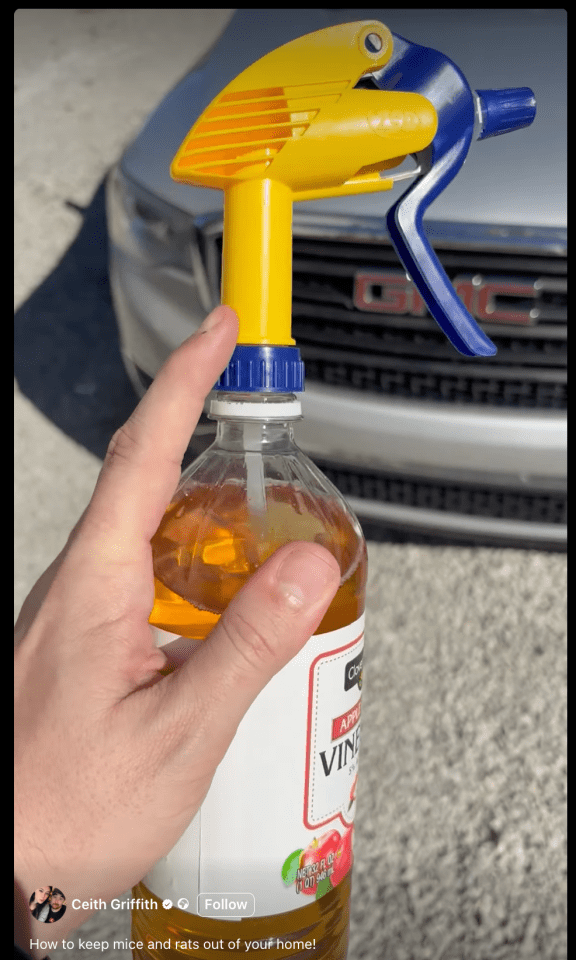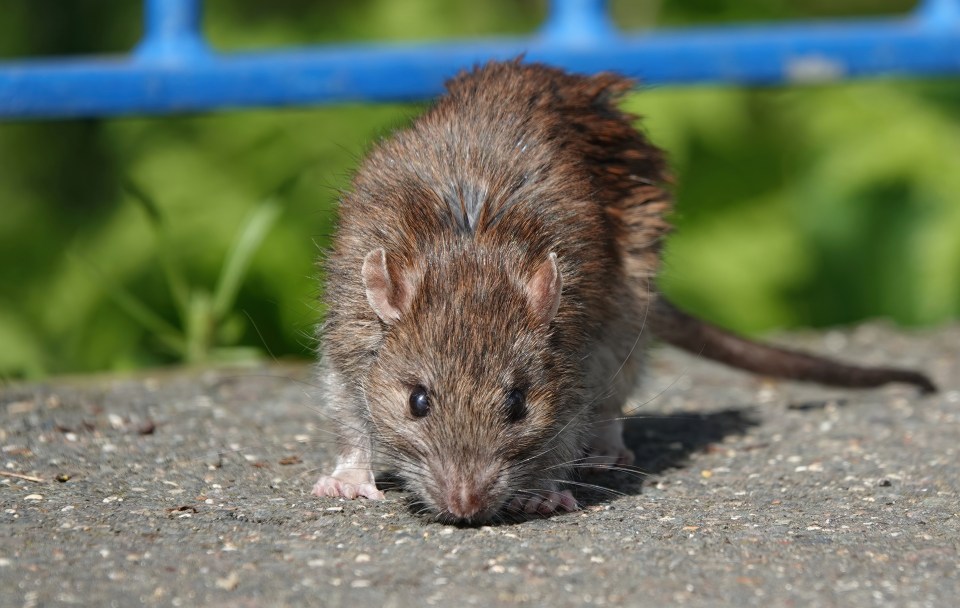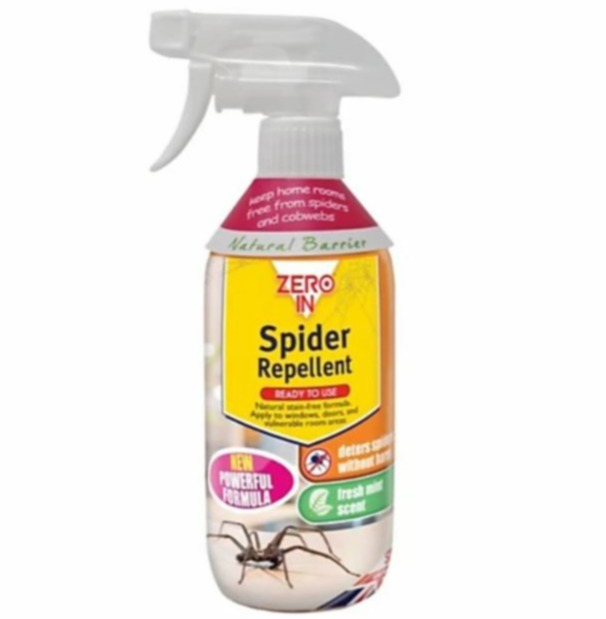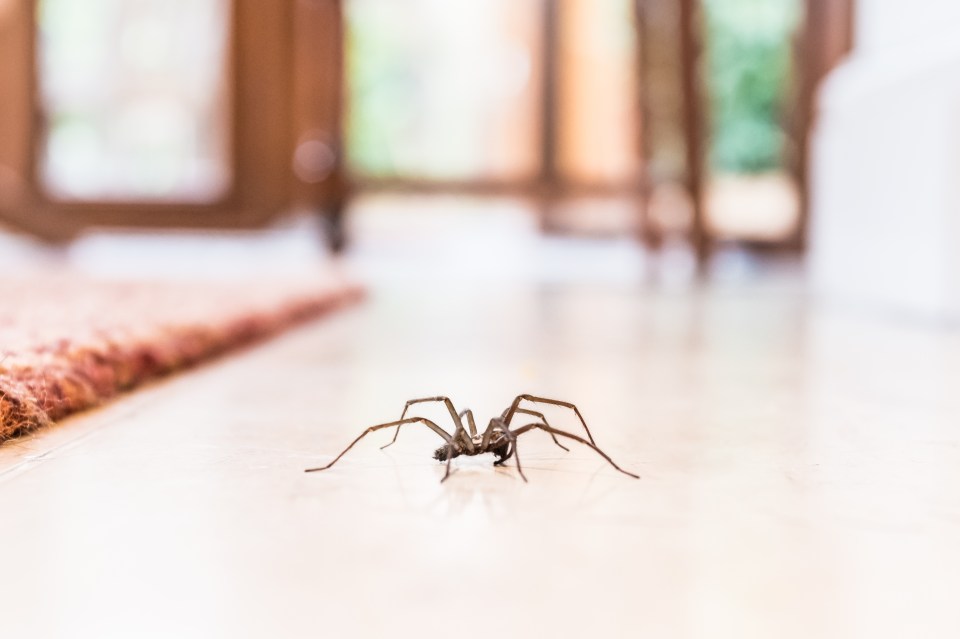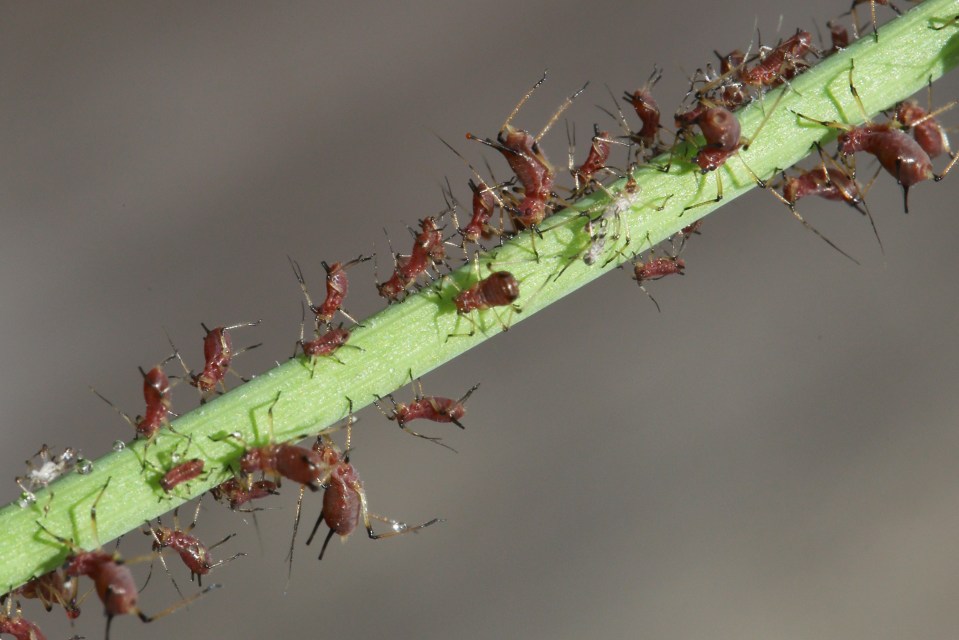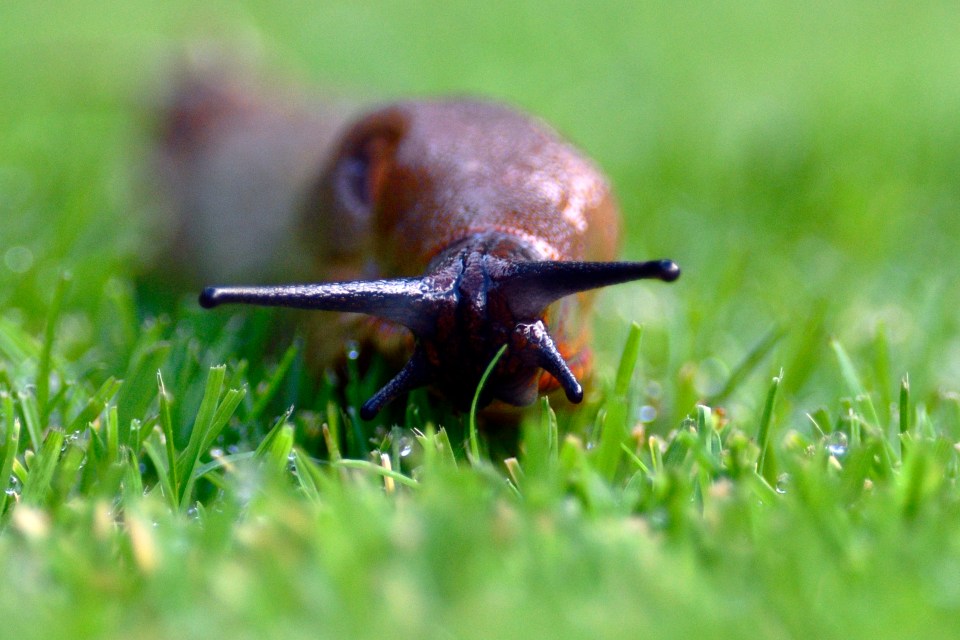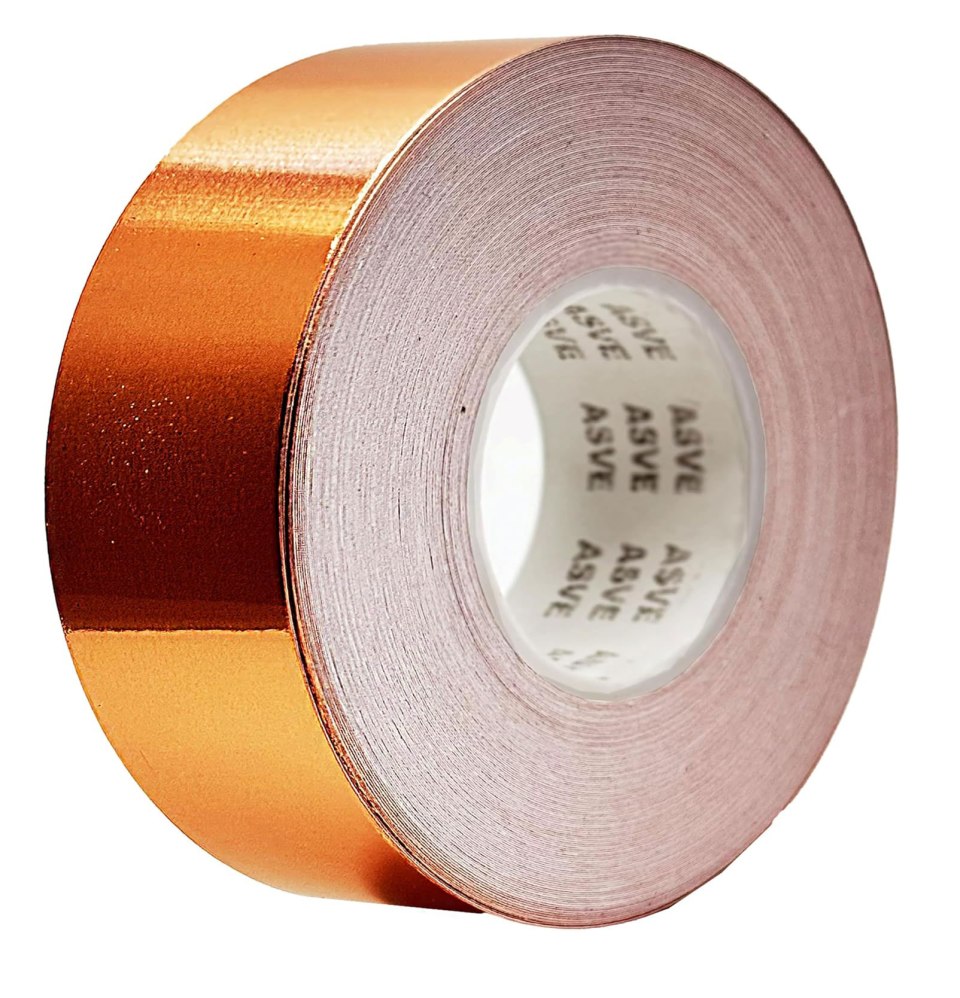Rat season is about to begin – keep them away from your house & garden with £3.99 item you just need to sprinkle
A PEST control expert has revealed a simple way to keep rodents away from homes and gardens – and all it takes is a quick shake and sprinkle.
With rat season about to begin, the advice arrives just in time.
The easy – and humane – method is unveiled in a social media post just weeks before cool weather arrives in the UK.
That is the end of the breeding season for rodents and signals their arrival around homes and in gardens.
This is when the little blighters are at their most active as they search for food and shelter ahead of winter
If hungry they will take more risks such as raiding bird tables and bins.
And they don’t move in at night – they often seek food during the day, particularly if other rats are congregating in the same garden or porch.
But fear not, help is at hand – literally.
In a video posted to his Facebook account, Ceith Griffith unveiled a simple and effective way to keep rats from the door.
“It’s that time of year again, guys … mice and rats are going to try and get inside your home but I’m going to show you how to keep them out by repelling them,” he said in the video, which has received more than 2,500 likes.
Ceith goes on to explain how attaching a spray nozzle to a vinegar, apple vinegar or pine salt bottle can turn into the ultimate repellent.
“Pine salt works the best but I know a lot of people are allergic to it,” he said. “Just take the spray and point it at your porch and anywhere you don’t want the rats to come near.
“You can use this around your garage or even inside your garage … and it’s going to keep all the mice and rats from coming around your home, or garage or RV.”
Facebook users rushed to the post to comment and thank Ceith for his help.
One person said: “Love UR videos. I watch and write them down. Thank u.”
A second person said: “Definitely going to try this.”
A third person, however, said they were looking for advice after encountering another type of pest in their home.
They posted: “Hello, how do you get a raccoon or possum out of your loft? Please help.”
Other ways to repel rats
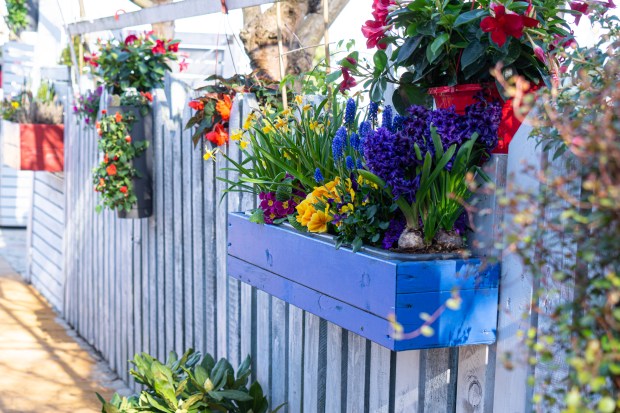
Rats are a nuisance and can be difficult to get rid of but by using the pickled onion hack you can deter them, but other methods can help too, one of which is planting certain plants in your garden that rats hate.
One home expert shared: “Plants such as lavender, mint, marigolds, daffodils, rosemary, sage and several others can be planted in your garden to disrupt the smell of a rat.
“If a rat can’t smell inside of your home then it is far less likely to try.”
For best results, plant these plants along fences, around sheds, and near compost bins or generally anywhere that rodents might be tempted to settle.


